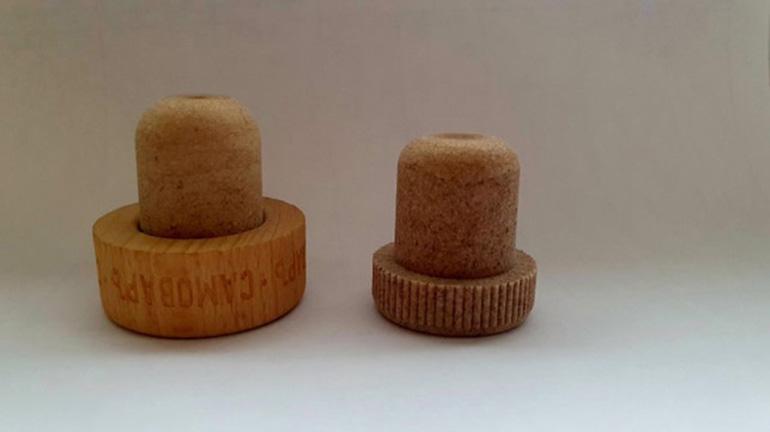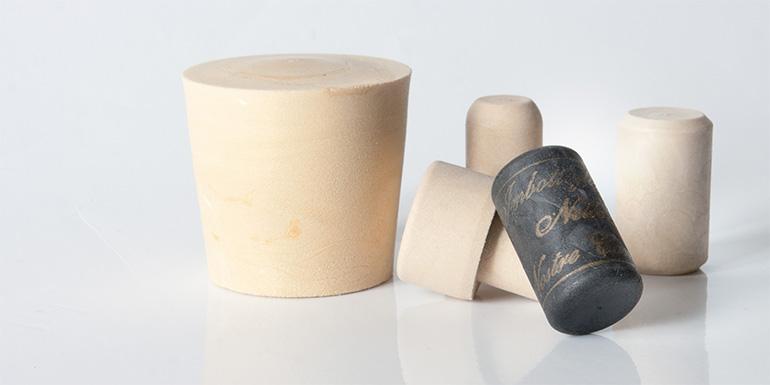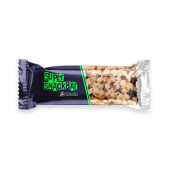TPE compounds for synthetic stoppers
Focus on Celloplast GD compounds: certified for contact with foods, they’re used to produce synthetic stoppers and fake corks, making a difference in the beverages industry.
Celloplast GD focuses, in particular, on the production of compounds for synthetic stoppers and fake corks intended for the wine sector. Food-approved certified, they’re widely used in the beverage, wine and spirits segments, where the company is a key player in both Italy and abroad, competing with large groups operating in the production of stoppers with synthetic compounds for wine & spirits.
Three lines for every need
Celloplast has, in fact, had a line dedicated to the production of TPE compounds for the wine sector since 1998, a point of strength in the Como company’s production, having obtained all the certifications required at international level. The three product lines can be classified as follows:
- high-end solutions, composed of SEBS-based compounds, able to last over time and resistant to high pressures up to 3 bars;
- middle-range products, that is, SEBS-based compounds which are ideal for wines and spirits for which the permanence in the bottle is just over a calendar year;
- Finally, the lower end of the market, involving SEBS-based compounds with different formulations as requested by the customer, for a permanence in the bottle that does not exceed 12 months.

Natural look with TPE advantages
Since 2013, Celloplast GD has been making a new compound with the addition of natural cork, suitable for all types of stoppers in its range, with the aim of obtaining a look even closer to that of the natural cork stopper.
Its experience and culture in the development of products meeting international market challenges allow Celloplast to offer quality solutions able to satisfy all the needs of customers, applying a production approach based on sustainability, innovation and attention to future generations.

Operating since 1980, the Lombardy-based company Celloplast GD (Mozzate, CO)
is specialised in the production of TPE compounds, intended, in particular, for food, industrial, sport and leisure applications. The production range also includes TPVs for the automotive and sector and TPE-Os for the domestic appliances industry. The recent investment in a new line for the production of TPE-TPV and TPE-O compounds has the aim of extending the machine fleet from 6 to 7, increasing the company’s competitiveness in the world of thermoplastic elastomers.



















